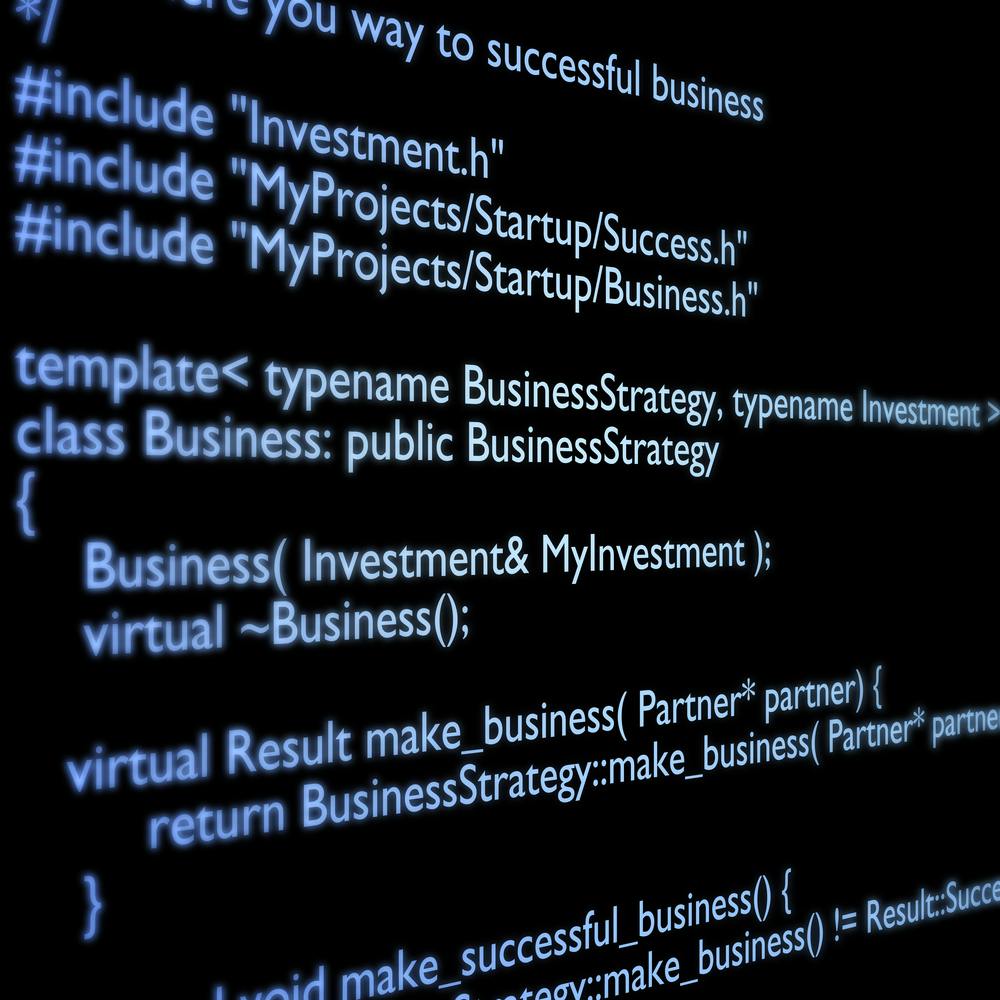When one steps into the world of programming, they have many doubts, and the most common among them is "Where to start with?". The simple answer is C Language. C programming language is usually taught in Universities and colleges during the first year. The main reason behind this is its simplicity.

C programming language was developed in 1972 by Dennis Ritchie at bell laboratories of AT&T (American Telephone & Telegraph), located in the U.S.A. Dennis Ritchie is known as the founder of the C language.
C is called middle-level language because it binds the gap between machine-level and high-level languages. C is easier to start with and also makes you think and understand the basic concepts in depth, unlike other high-level languages where methods are provided to achieve specific tasks.
Learning C is like getting the first driving lesson in a fully manual car (where nothing is automated). 🚗 After starting with C when I moved to other languages I found that I was able to grasp the concepts with a greater understanding. Learning C helped me become a better programmer.
Here are a few reasons why I would suggest to start learning C as the first programming language
- C helps in understanding the basic concepts. Everything has to be managed on your own while writing C code.
- It helps to interact with the hardware. C is widely used in the embedded software world where hardware is greatly involved.
- In C all the functionalities like arrays, stacks, queues, and graphs are needed to be implemented manually.
- The C programming language provides a greater understanding of memory management. It provides several functions for memory allocation and management. High-level languages have a garbage collector unlike C so the programmer needs to take care of memory management.
- C is not an Object Oriented Programming Language hence easier to understand for a beginner.
- C is fast, simple, and efficient.
- C programs are machine-independent. It means that you can run the fraction of code created in C on various machines with none or some machine-specific changes. Hence, it provides the functionality of using a single code on multiple systems depending on the requirement.
- The syntax of C is very easy to understand.
This is how a simple Hello World! program in C looks like
#include <stdio.h>
int main() {
printf("Hello, World!");
return 0;
}
Output
Hello, World!
#include In C language, lines starting with (#) is called a directive. This #include tells the compiler to include a file. #include tells the compiler to include the header file for the Standard Input Output file which contains declarations of all the standard input/output library functions.
int main() is used to declare a function main that has an integer return type. Every C program must have a main function.
{} The opening braces '{' indicate the beginning of the main function and the closing braces '}' indicate the ending of the main function. Everything between these two comprises the body of the main function and are called the blocks.
printf("Hello World"); It is a library function to send formatted output to the screen. In this program, printf() displays Hello, World! text on the screen. Anything between " " gets displayed on the screen.
The return 0; statement is the "Exit status" of the program. The program ends with this statement.
Conclusion
Although C has been one of the prime choices of beginners to start learning to program yet undoubtedly all languages have their own pros and cons. C has been my choice as my first programming language but it may differ from person to person depending on their requirements. Learning C is definitely beneficial for a programmer, not necessarily as a first language. But learning to write C code becomes difficult after learning high-level languages.

